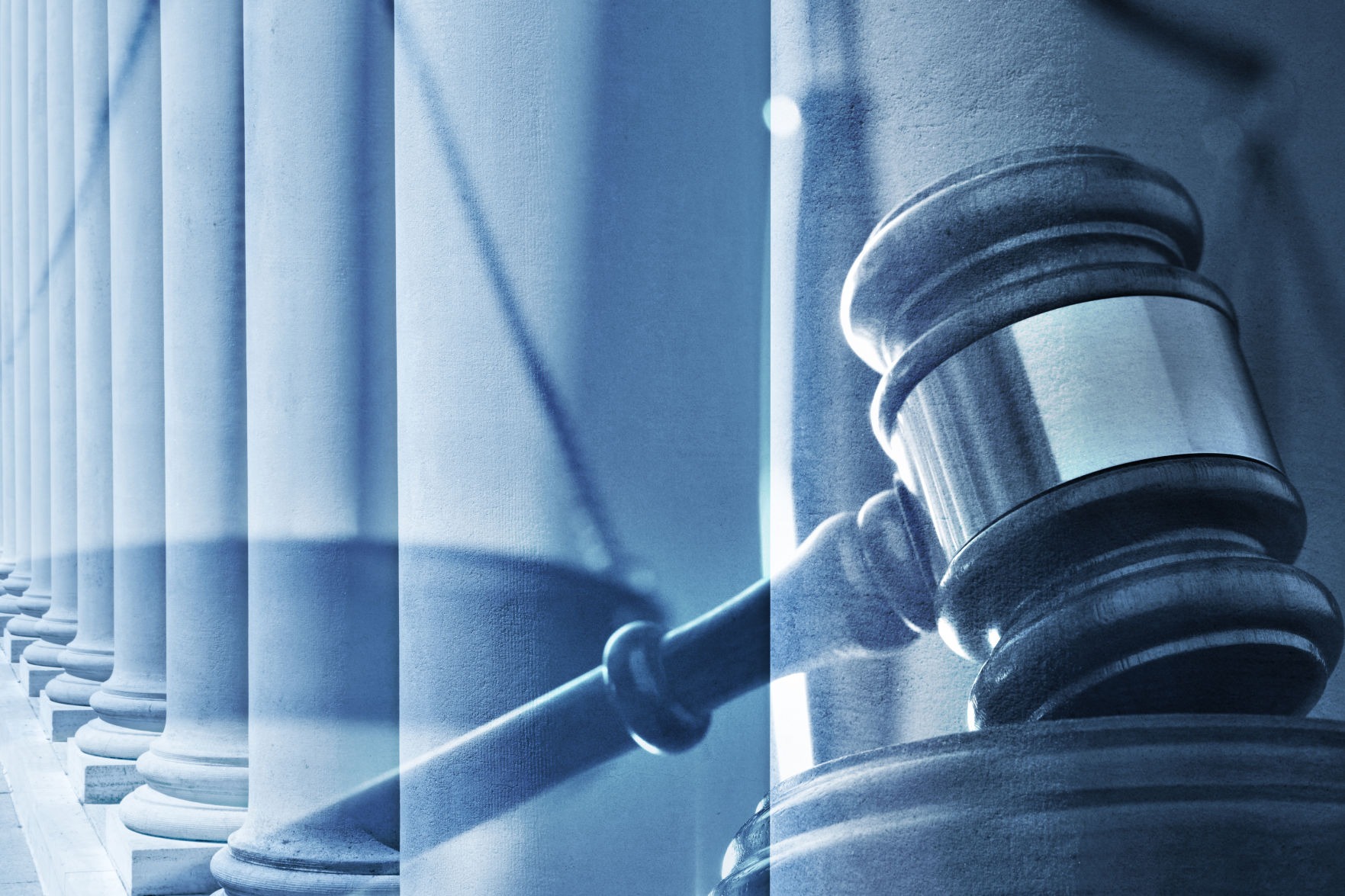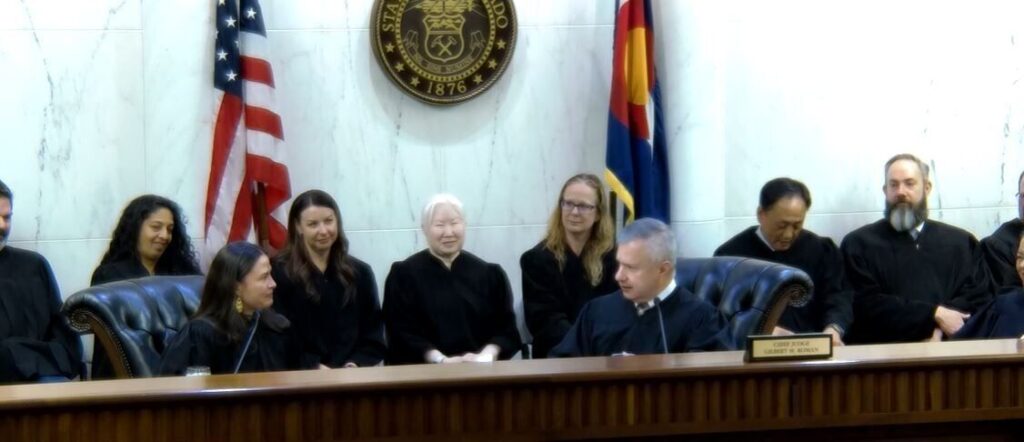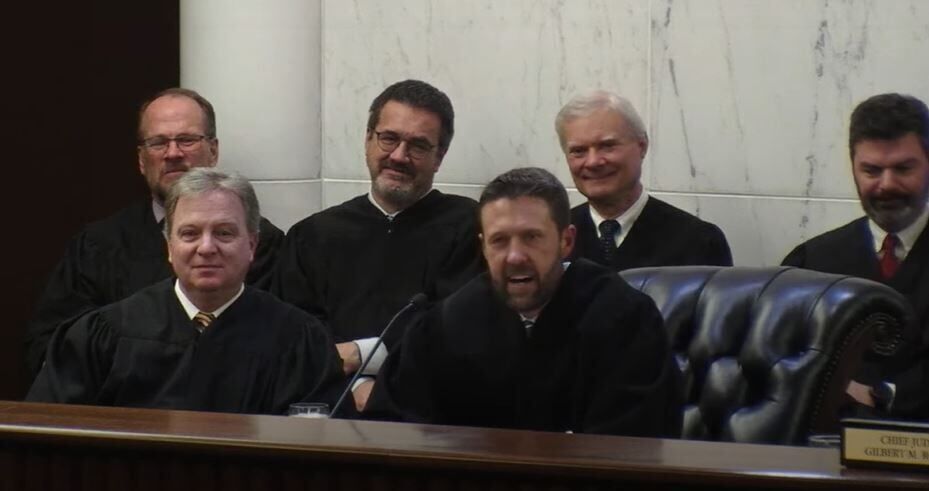New trial ordered after El Paso County judge let biased juror serve

An El Paso County judge violated a man’s right to an impartial jury by allowing a woman to serve who indicated she would hold the defendant’s silence against him, the Court of Appeals has determined.
Brendan Patrick-Harold Bonner was convicted of felony trespass and misdemeanor obstructing a peace officer, for which he received probation and community service, but will now receive a new trial. A three judge-panel for the state’s appellate court decided that District Court Judge Robin L. Chittum was wrong not to excuse a juror from Bonner’s trial who, when asked if she would hold Bonner’s decision not to testify against him, responded, “I do think that that would bear” on the verdict.
“Juror G remained steadfast in her belief that Bonner’s failure to testify would influence her assessment of whether the prosecution had proved its case beyond a reasonable doubt,” wrote Judge Anthony J. Navarro in the Dec. 2 opinion. “In other words, Juror G indicated an unwillingness or inability to follow the law as instructed by the court.”
During jury selection for Bonner’s 2018 trial, Chittum informed the prospective jurors that a defendant’s decision not to testify is “not evidence, does not prove anything, and you must not consider it for any purpose.”
Afterward, Bonner’s defense attorney asked whether anyone would hold against Bonner his decision to not take the witness stand. Several jurors responded to the question, but then the woman identified as Juror G said she believed, if the prosecution’s evidence were strong, that an innocent defendant would “want to get up there and say they were innocent and make their side of the case.”
“I do think that that would bear in terms of reasonable doubt,” she added. “If I’m being accused of something that I didn’t do, I’m going to say I didn’t do it.”
The defense attorney asked Chittum to excuse Juror G for cause because of her stance on a defendant’s constitutional right not to testify. The judge denied the challenge, saying Juror G had merely expressed her personal opinions.
“She didn’t say, ‘I couldn’t follow the law,'” Chittum said. Bonner subsequently used all of his peremptory challenges – which do not require a reason for dismissing a juror – on other people, and Juror G served on the jury that convicted him.
Although a prospective juror offering their views during jury selection may initially indicate a bias or an unwillingness to follow the law, additional questioning from the judge or attorneys, called rehabilitation, may enable them to serve after all once the juror commits to being fair and impartial. That never occurred with Juror G, the appellate panel noted, even though she had seen other jurors agree to not hold Bonner’s silence against him.
“While we recognize that it is normal for jurors to arrive for jury duty without knowing the relevant law, we cannot conclude on this record that Juror G made these statements while unaware or misinformed of what the law required,” wrote Navarro.
The panel reversed the convictions. The case is People v. Bonner.














